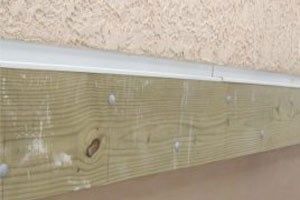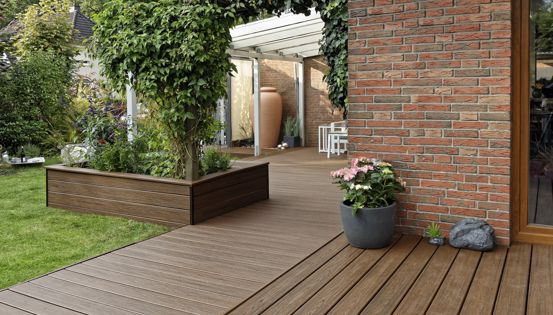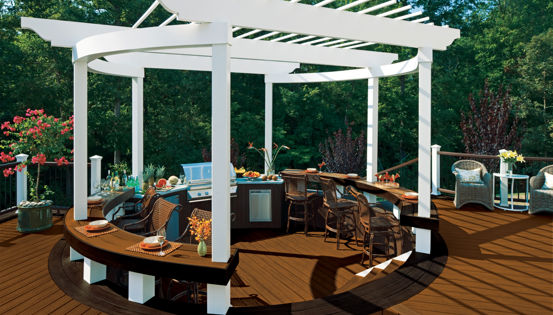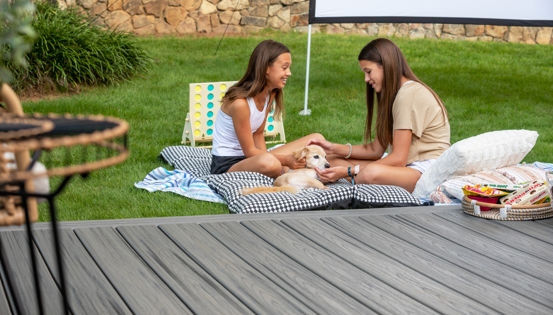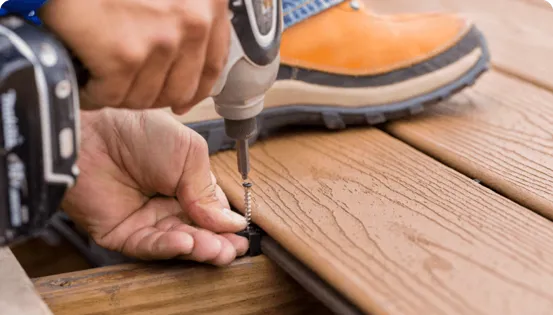Generally, ledger boards cannot be installed directly over traditional stucco, synthetic stucco or cultured-stone exterior cladding. Stucco is easy to cut through, but it can be somewhat fragile. Take a couple of minutes to inspect the area where you will be cutting. If you notice any cracks or deterioration in the stucco, you should realize that the vibrations caused by cutting will probably cause further damage. You will need a circular saw with a diamond blade and a cold chisel. Once you have drawn the outline of your ledger board on the stucco, you can cut through the stucco and the metal screed it uses to grip to the house. Be careful not to cut too deep and concentrate on cutting a straight clean line. Once the connection is made, make sure you flash the cladding above, below and to both sides of the opening. If there are areas that are not installed with stucco, follow our guide to removing siding for the ledger board.
Care must be given to not damage or tear the water-resistant membrane. A weep screed must be installed and laced behind the water-resistant membrane and typically, a piece of self-adhering, polymer-modified bitumen is installed as well to seal the membrane at the weep screed. Flashing must also be installed over the ledger in a similar manner. The weep screed should be held approximately one to two inches above the finished surface of the deck to allow clearance for drainage and drying behind the cladding.
